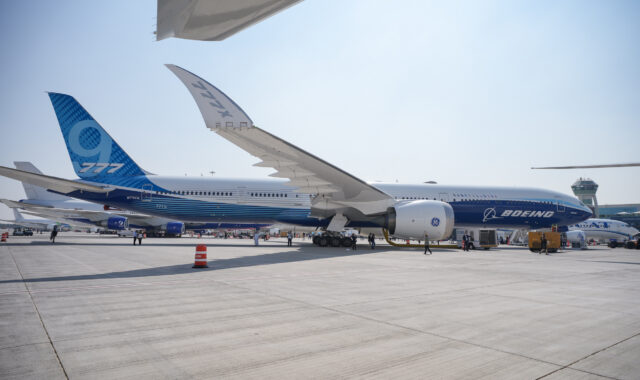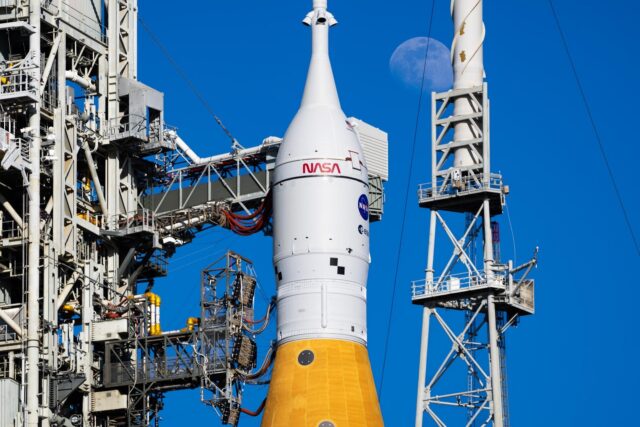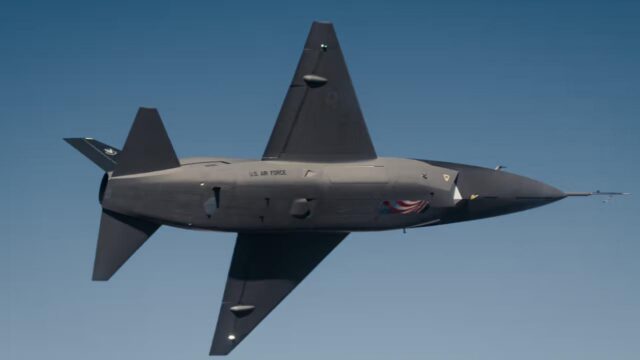Airbus, BMW and Quantinuum partner on sustainability research
Airbus, BMW Group and Quantinuum are partnering to speed up research using quantum computers that will help in the push for sustainable aircraft.
The teams will focus on the…

Airbus, BMW Group and Quantinuum are partnering to speed up research using quantum computers that will help in the push for sustainable aircraft.
The teams will focus on the chemical reactions of catalysts in fuel cells, which Airbus said would bring benefits in their “quest for sustainable and hydrogen powered alternatives”.
In a new paper, “Applicability of Quantum Computing to Oxygen Reduction Reaction Simulations”, the three partners say they have accurately modelled the oxygen reduction reaction (“ORR”) on the surface of a platinum-based catalyst.
The ORR is the chemical reaction in the process that converts hydrogen and oxygen into water and electricity in a fuel cell and it limits the efficiency of the process. It is relatively slow and requires a large amount of platinum catalyst, so there is interest in better understanding the underlying mechanisms involved in the reaction.
Airbus, BMW Group and Quantinuum
Using Quantinuum’s H-Series quantum computer, the collaboration team has demonstrated how quantum computing can be used in an industrial workflow to enhance understanding of chemical reactions.
The three companies plan further collaboration to explore the use of quantum computing.
Isabell Gradert, vice-president for central research and technology at Airbus, said: “We can clearly envision the benefits of the study in our quest for sustainable and hydrogen powered alternatives such as the ZEROe aircraft, which may operate on fuel cell engines.
“The study confirms that quantum computing is maturing at the scale we need for aviation.”
Airbus has identified hydrogen as a promising energy source to power low-carbon aircraft, because it emits no CO2 when flying, if generated from renewable energy.
The company previously announced plans to start testing a hydrogen-powered fuel cell propulsion system onboard its ZEROe demonstrator aircraft in the next few years. The company has the ambition to develop the world’s first hydrogen-powered commercial aircraft for market entry by 2035.
Subscribe to the FINN weekly newsletter
















